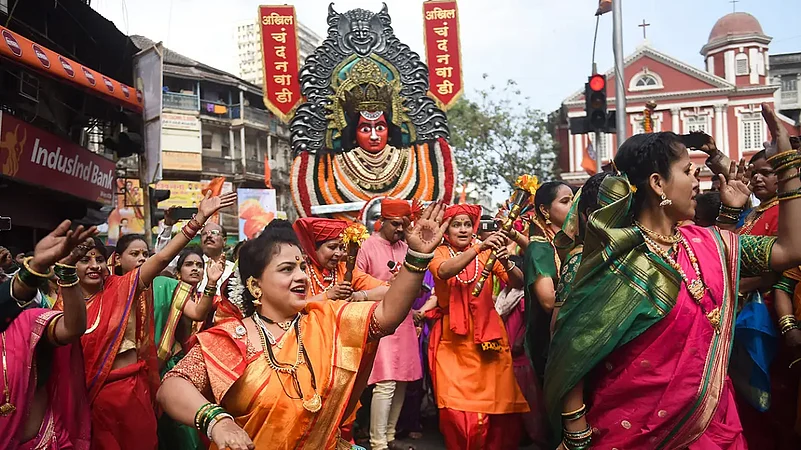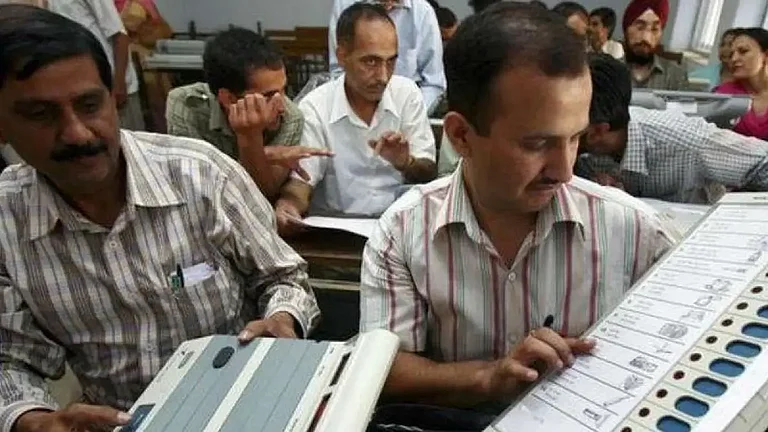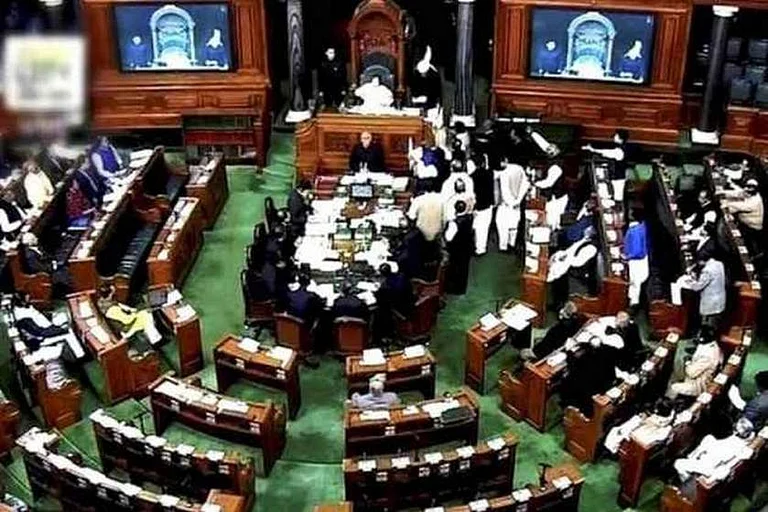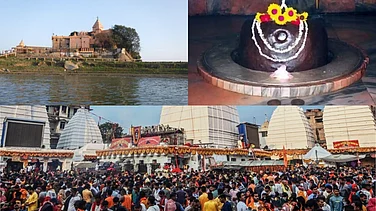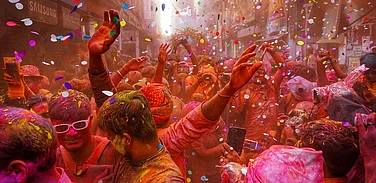In the diverse scenery of India, there are many colorful festivals with great significance and religious beliefs, one of these festivals is Gudi Padwa, referred to as Ugadi by Telgu people, and Cheti Chand as per the Sidhu community.
There are many reasons to mark this day, the primary and popular one being, the beginning of a new year. Interestingly, as per different mythologies around the world, there is a special day which marks a new year, for the Marathi and the Konkani population this day is the beginning of the year.
Let’s dive right into why and how this festival is celebrated, and also skim through the major cultural practices which take place during Gudi Padwa.
Historical Roots
Gudi Padwa is a festival that is celebrated at the onset of the Hindu lunisolar calendar's first month, Chaitra, as per Hindu religious account. It marks the arrival of spring and the harvesting of rabi crops, beginning around April and May.
Coming from an ancient time, with its core principles present in Hindi religious texts and stories, the world was created by the god of creation Brahma on this very day. One of the widely accepted beliefs is the notion that Gudi Padwa stands for the return of Lord Rama to Ayodhya following his victorious escape, indicating the triumph of fairness over evil.
Known as a Marathi warrior and legend, Maharaja Chatrapati Shivaji won and began the celebratory tradition of marking the Hindu new year, hence the practices are popular among Maharashtrians. Not only the celebration of Gudi Padwa is comparatively more popular, but some customs are exclusive to Maharashtrians.
Symbolism of the Gudi
Marking the victory of Chhatrapati Shivaji, and as a symbol of prosperity and power, the primary practices of Gudi Padwa include hoisting of a decorated flag-like structure called Gudi., hence called Gudi Padwa. A beautiful streamer-type creation is hung during this day outside homes, covered with green leaves, red coconuts, and colorful garlands at the top. Kalash is a silver or copper pot that has been inverted on the top of that coconut. The participants of the procession also carry a colorful bundle of twigs (Gudi), a pot of fresh water (Kalash), and a small flag (Dhwaj), as a symbol of victory, prosperity, and the victory of good over evil. This auspicious red Thoran plays the role of a sacred Moirai at home that pushes away bad energies and brings good fortune.
Customs and Traditions:
The festival of Gudi Padwa is both well-known and well-loved among the Hindus due to its great festivity and excitement. The morning routine is marked by the elaborate pooja form of worship where the deity is offered prayers along with his consort and Shanthi, seeking a promise of a successful worldly life. The Gudi is taken out of the main door of the house and then it is touched on the street to celebrate the family’s development and prosperity. Puran Poli, Shrikhand, and Poori Bhaji are among those unique delicacies we cook and share with our near ones on the occasion; thereby, making it enjoyable and one to remember.
Cultural Significance:
Religious rituals, legends, and spiritual grounds are not the only reasons for observing by the Maharashtrian community Gudi Padwa; in addition to these, it holds immense cultural symbolism. This is a period when families make plans to visit each other, communities come together and peoples’ cultural identity is renewed. The festival engages visitors with Maharashtra's great heritage through music, dance, and traditional attire, and introduces them to various folk art performances. Besides this, the street parade, rangoli competition, and other societies celebrating cultural events add more flavor to the holy festival's joy.
In the last place, Gudi Padwa is not only about celebrating; it is the life that attracts the culture, the tradition. We are now close to concluding a culturally diversified civil year, so the Marathi and Maharashtrians from all over the world should come together to celebrate the threshold of new beginnings by cherishing our cultural heritage, reliving our traditions, and accepting the future with enthusiasm and joy. ऋपेस गुडीपृद्दा वारा हार्दिक शुभकाम्नाय अनेक से (ऋपते).







